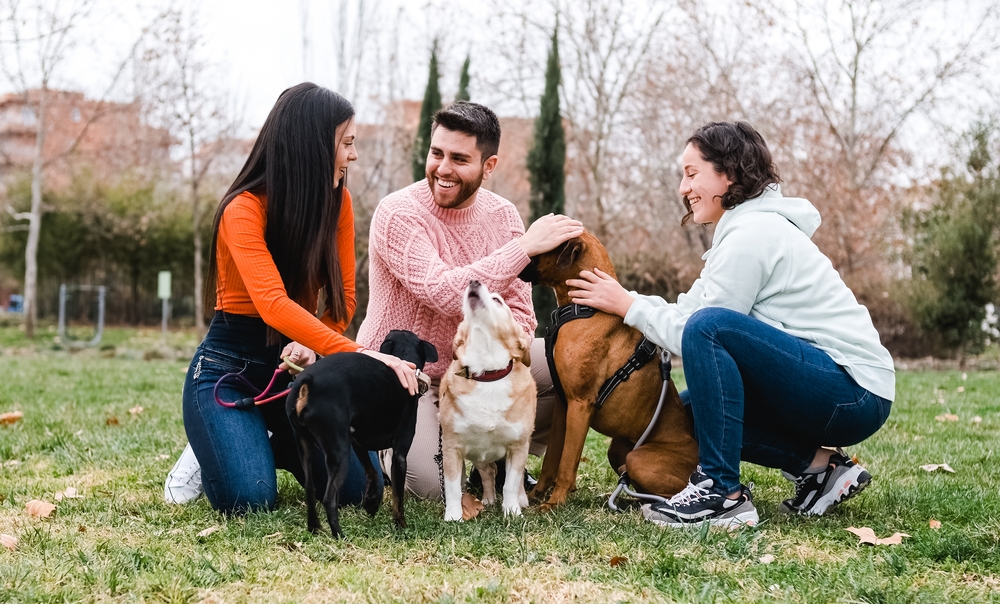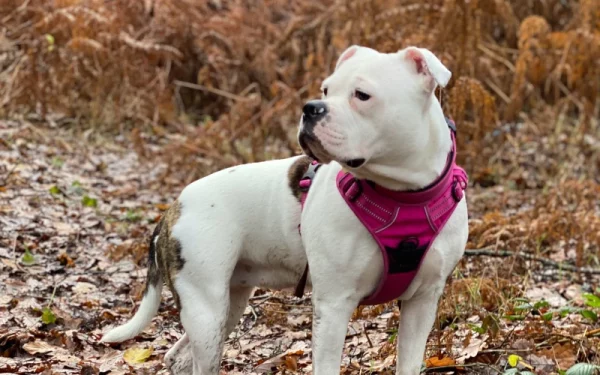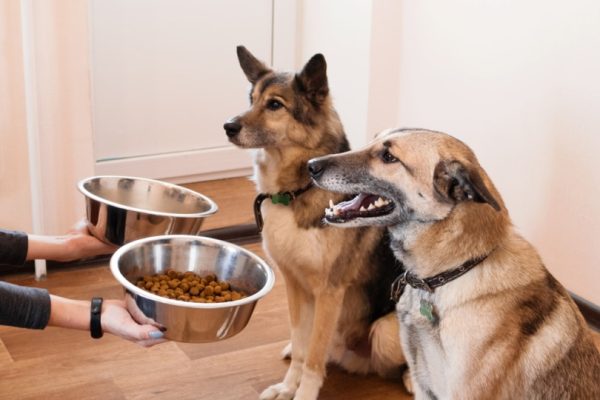Dogs are often full-fledged members of the family; there is no doubt about that. We might even go so far as to say that our beloved canine companions not only share our lives but also our personalities. But is this a figment of our imagination? Do dogs actually adopt the personality traits of their owners?
Research suggests that dogs do tend to display variations in personality traits, but the extent to which these align with those of their owners is still under investigation. Read on for a deep dive into this topic!

Research shows that many dog owners consider their dog’s personalities similar to their own, especially in the areas of neuroticism, extraversion, agreeableness, openness, and conscientiousness. This should come as no surprise since most owners pick dogs with personality traits that will best fit into their lifestyle. For example, an active, extroverted person is more likely to pick a dog that will run and play with other dogs at a dog park because that is where the owner wants to go to enjoy themselves and make their own social connections.1
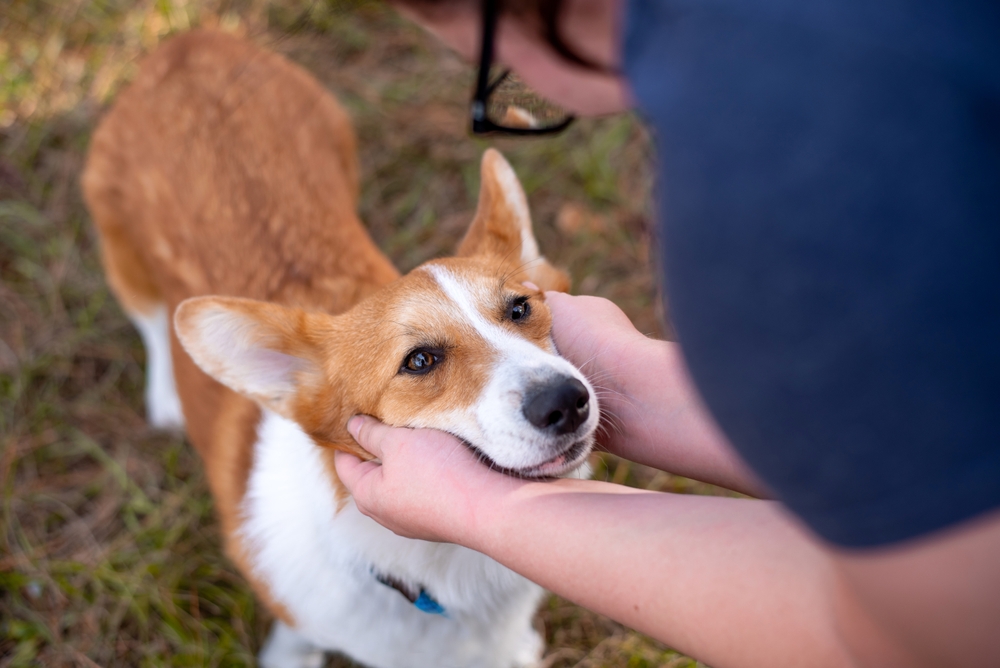
What Is the Emotional Connection Between Dogs and Their Owners?
A 2022 study highlighted how dogs’ emotional responses and stress-coping mechanisms are influenced by their relationship with their owners.2 It shows that dogs can mirror their owners’ emotional states and responses. When owners experience stress or anxiety, their dogs may pick up on these cues and exhibit similar behaviors.
Similarly, positive emotions expressed by owners can lead to a more joyful and relaxed demeanor in their canine companions.
What Is Behavioral Mirroring in Dogs?
Beyond emotional mirroring (the ability to read and match human emotions), dogs may also imitate their owners’ behaviors. For instance, a dog may adopt certain habits or mannerisms of their owner, such as sleeping patterns or exercise routines. This behavioral mirroring can strengthen the bond between dog and owner and contribute to a sense of shared identity.3

What the Research Says
The 2022 study above investigated how the relationship between dog owners and their pets impacted the latter’s attachment behaviors and stress-coping mechanisms. It involved observing the dogs’ emotional responses and behaviors in various situations while having owners assess their pets’ emotions.
Both negative and positive incidents were found to provoke emotional arousal in the canines, particularly during stressful circumstances. The strength of the bond between the dog and their owner appeared to influence the former’s emotional reactions, with closer relationships correlating with lower stress levels.
Owners tended to perceive relationships with less-owner-oriented dogs as having more disadvantages. However, regardless of the quality of the relationship, owners were generally able to detect their dogs’ arousal, especially during fear- and stress-evoking situations.
In short, the bond between a dog and their owner is special and multifaceted. These studies have demonstrated that the relationship between dogs and their owners significantly influences the former’s behavior and emotional responses. Canines, like humans, are social creatures, and they form strong attachments with those who provide them with care and companionship.
However, it’s important to acknowledge the limitations and confounding factors in research on dog-owner personality mirroring. Environmental influences, such as upbringing and socialization, can significantly shape a dog’s behavior and personality. Genetic factors may also contribute to certain personality traits in dogs and humans.
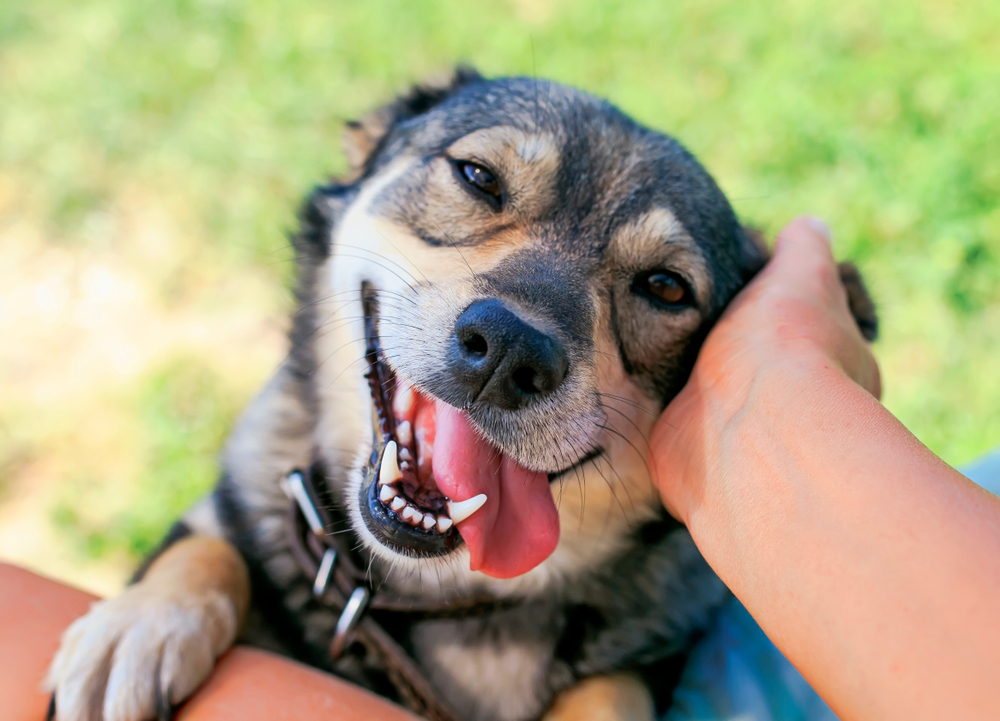

Final Thoughts
Although scientific data suggests that dogs tend to mirror certain traits of their owners, the extent of this behavior is not yet fully understood. More research is needed to understand the complexities of personality reflection in canines. However, given the powerful, unique, and deep bond that exists between a dog and their owner, it would not be surprising if the personality of one does rub off on the other and vice versa!
See also:
Featured Image Credit: Daniel Megias, Shutterstock
